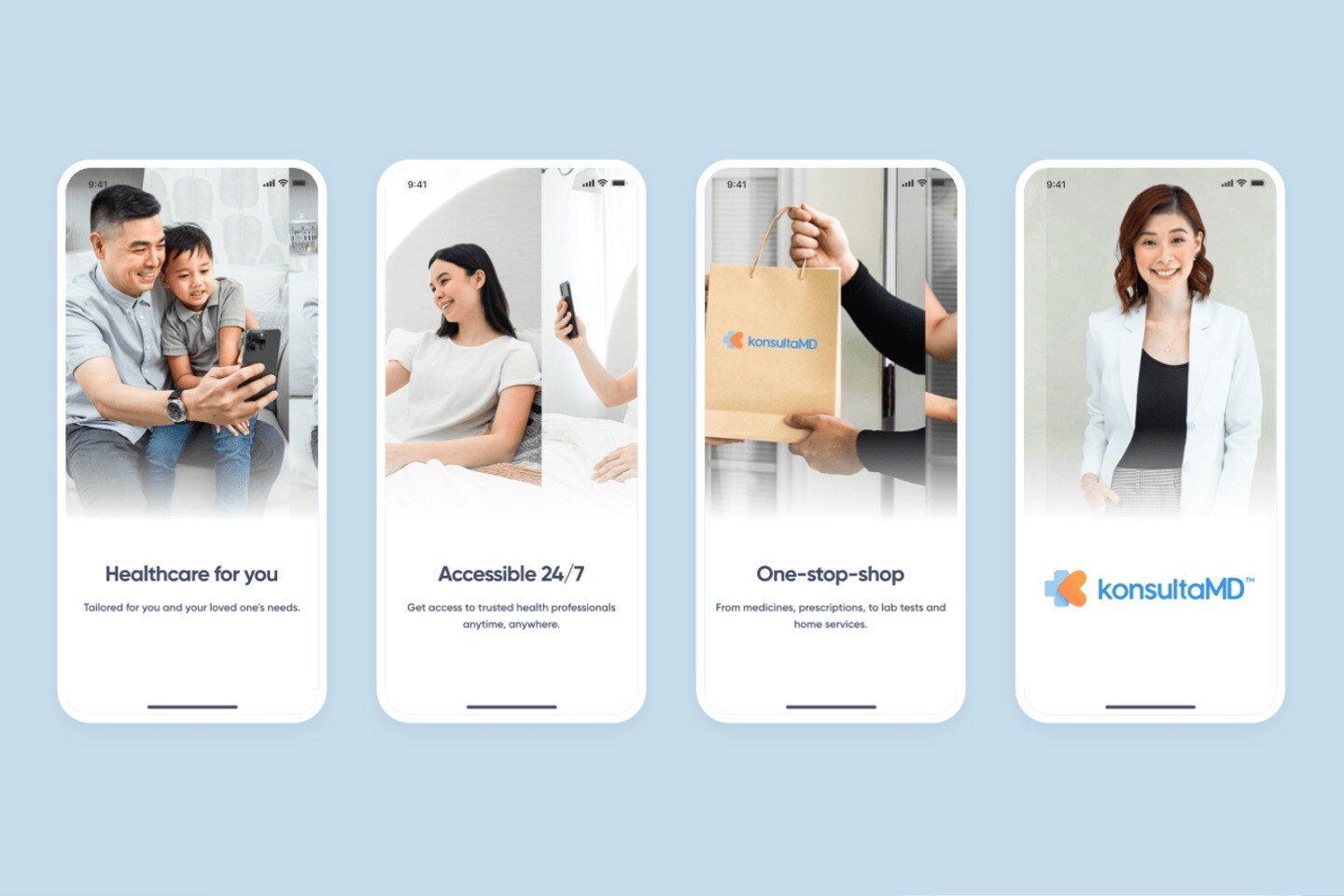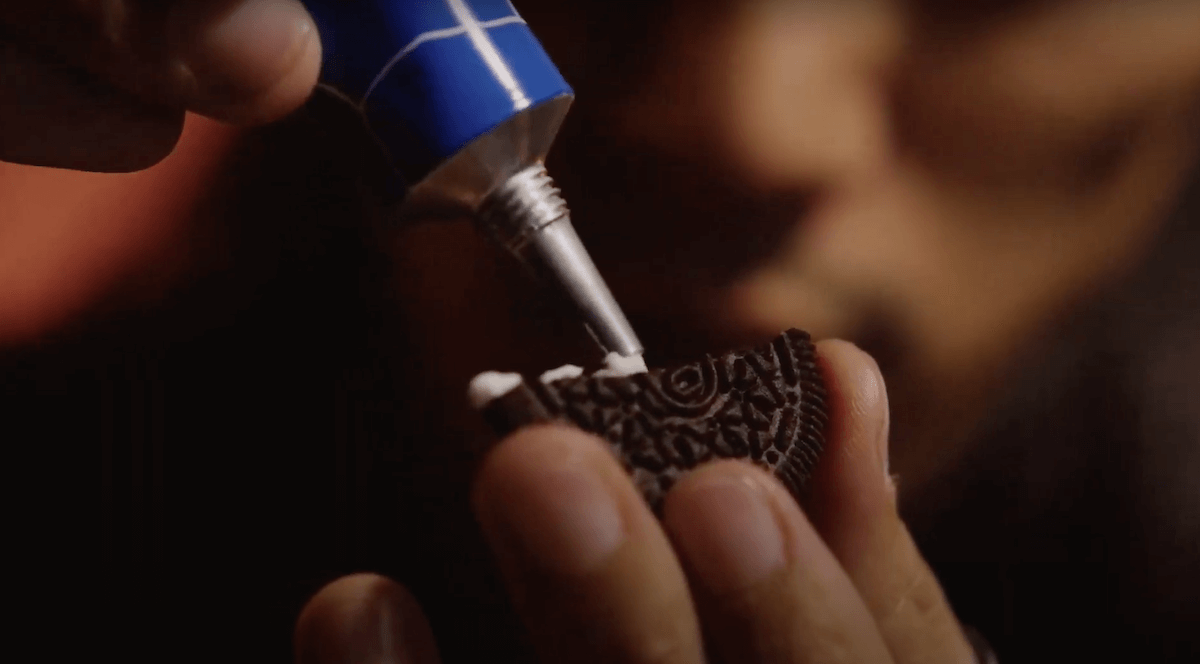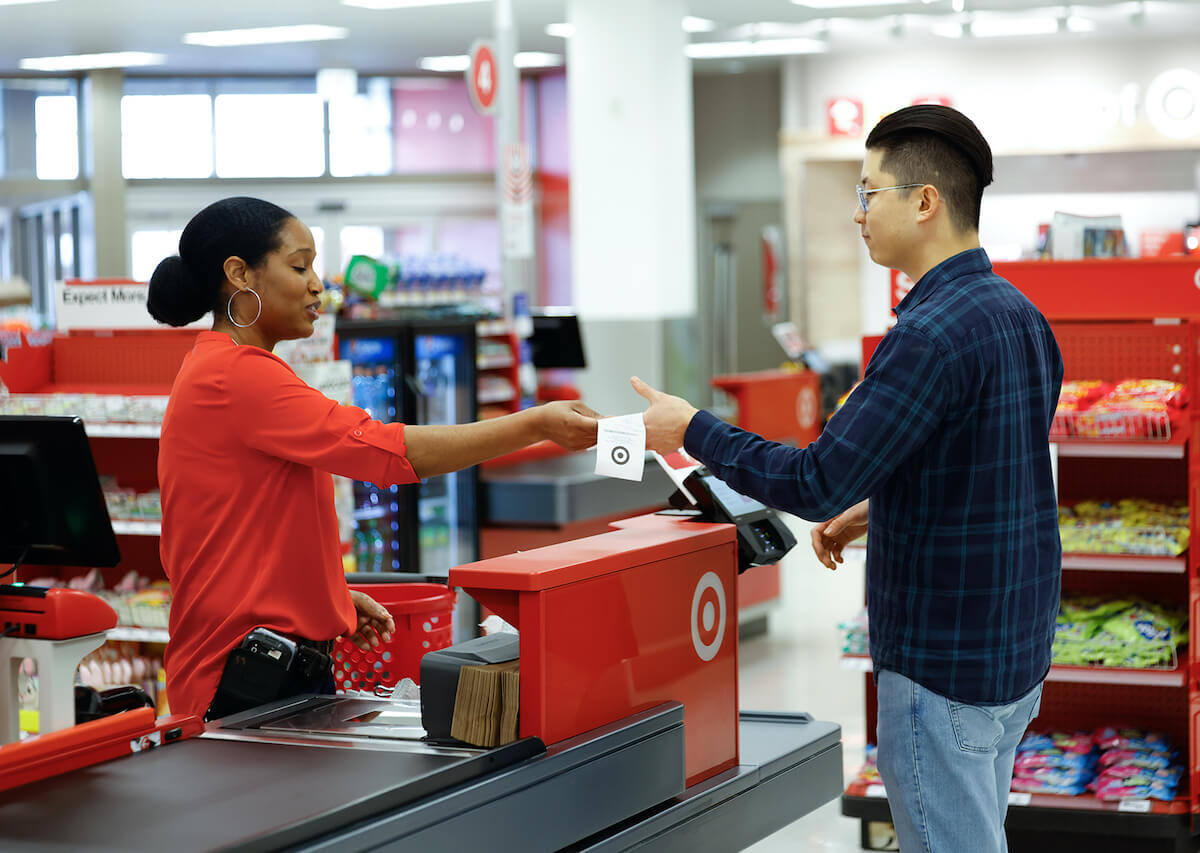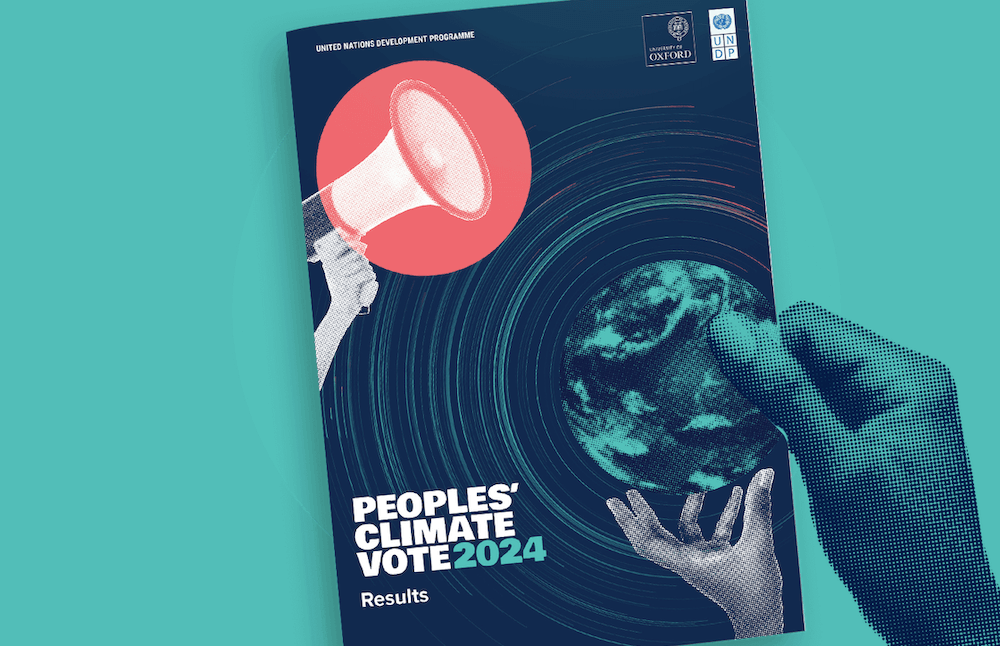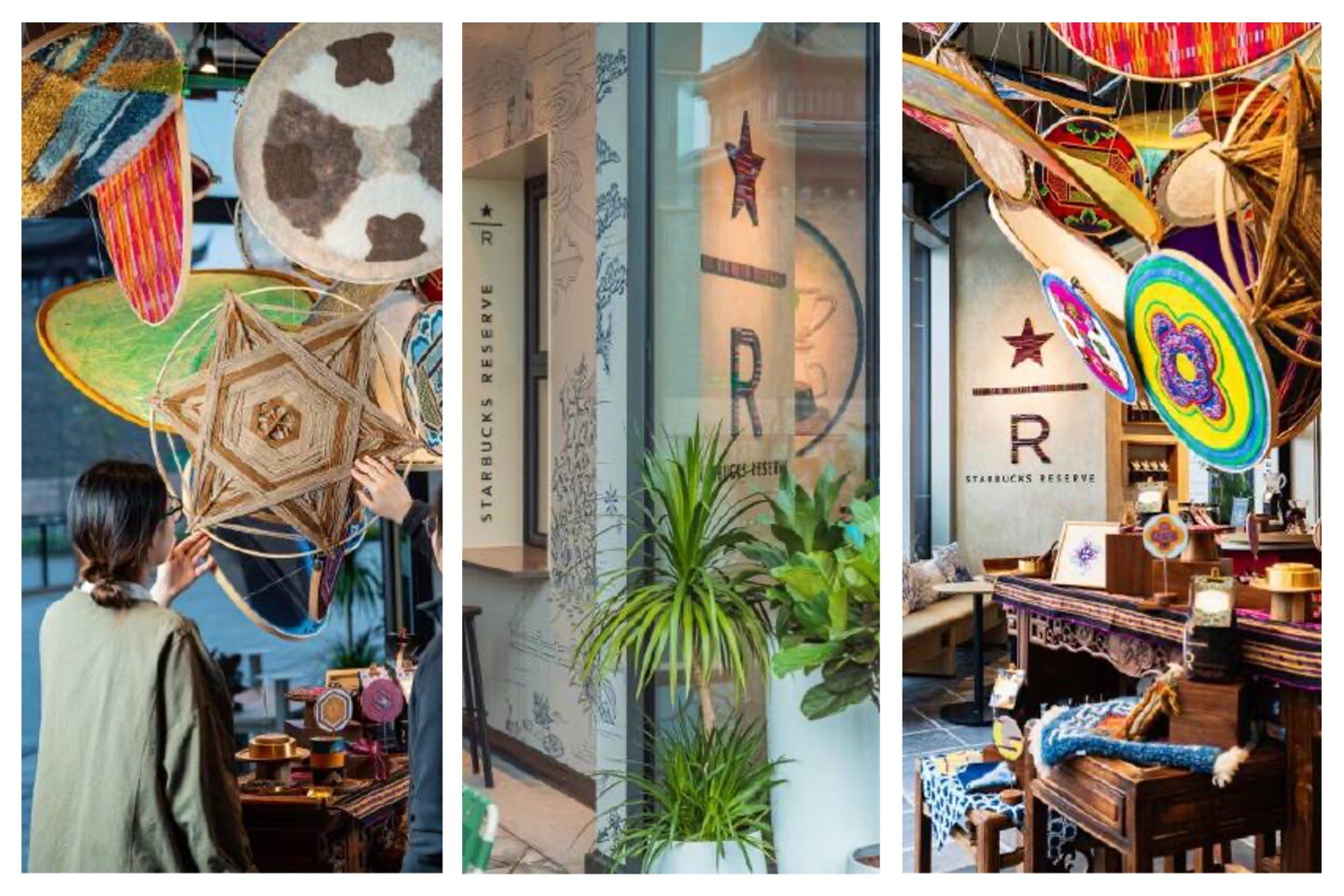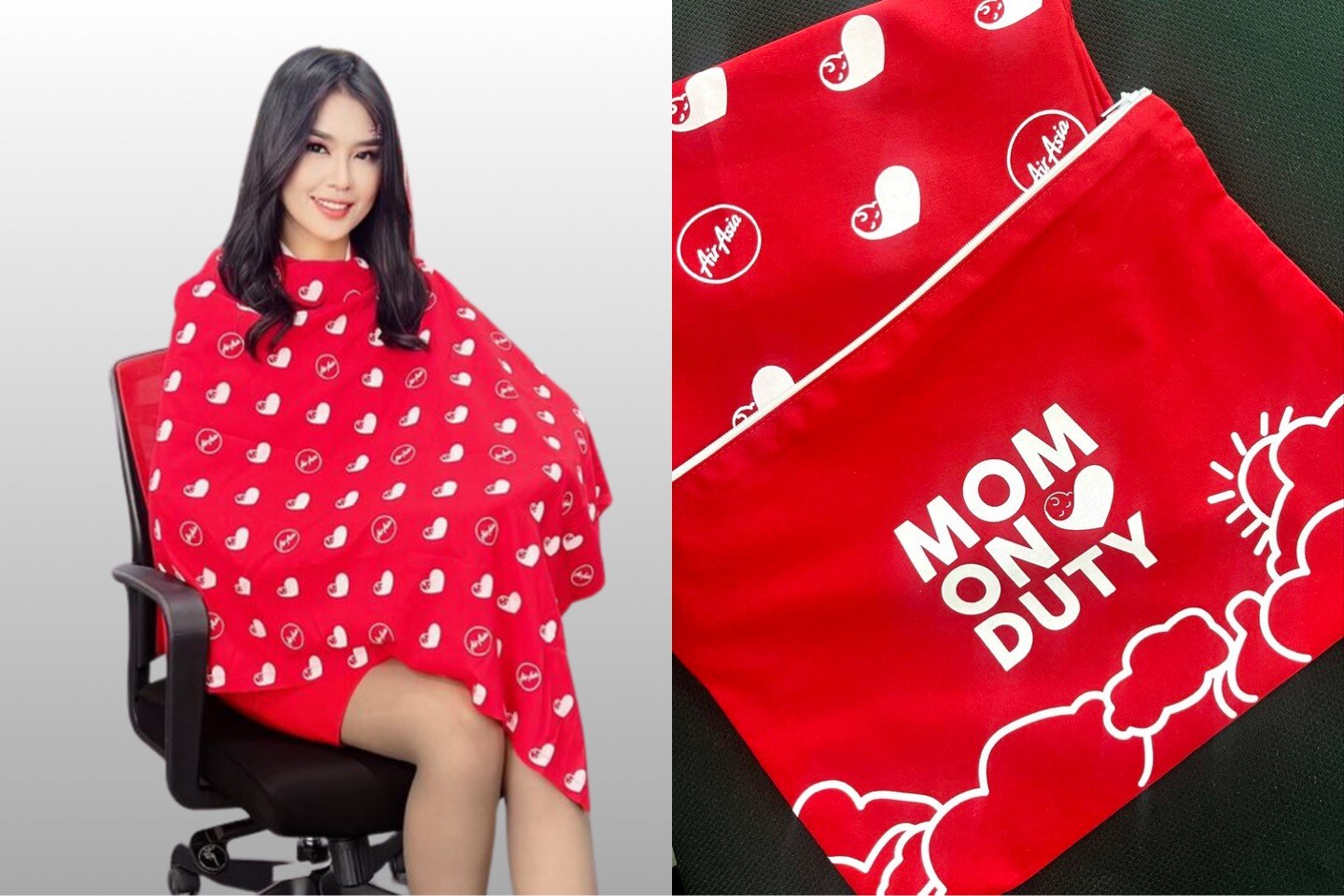Cadbury’s Give a Cheer to a Volunteer campaign is harnessing generative AI to celebrate the unsung heroes of community sports in Australia and New Zealand. The chocolate brand, which is celebrating its 200th anniversary and often centers gratitude in its activations, has developed a custom platform that allows Aussies and Kiwis to create personalized, animated tributes to their favorite sporting volunteers. Users simply upload a photo of the volunteer and provide details like gender, age, body type, whether or not they use a wheelchair, name of their club, type of sport, their role and something unique about them. The AI-powered tool then generates a 3D, animated character starring in a shareable video that recognizes their contribution.
The campaign, developed for Mondelēz International by Ogilvy and Wavemaker, provides people with a fun way to express gratitude for the efforts of volunteers. From coaching and refereeing to fundraising and groundskeeping — most local sports teams wouldn’t be able to exist without them (a campaign running in India encourages people to thank their first cricket coach). By combining the novelty of AI with a personal, human-to-human thank you, ‘Give a Cheer to a Volunteer’ is a playful yet meaningful gesture that acknowledges the impact volunteers have on their communities.
Select your country
- Argentina
- Australia
- Austria
- Belgium
- Brazil
- Cambodia
- Canada
- Chile
- China
- Colombia
- Costa Rica
- Croatia
- Czechia
- Denmark
- Estonia
- Finland
- France
- Germany
- Ghana
- Greece
- Guatemala
- Hong Kong
- Hungary
- Iceland
- India
- Indonesia
- Ireland
- Israel
- Italy
- Japan
- Kenya
- Latvia
- Lithuania
- Malaysia
- Mexico
- Morocco
- Netherlands
- Nigeria
- Norway
- NZ
- Paraguay
- Phillippines
- Poland
- Portugal
- Puerto Rico
- Romania
- Serbia
- Singapore
- Slovakia
- Slovenia
- South Africa
- South Korea
- Spain
- Sweden
- Switzerland
- Taiwan
- Thailand
- Turkey
- UAE
- UK
- Ukraine
- US
- Uruguay
- Venezuela
- Vietnam
Select your country
- Argentina
- Australia
- Austria
- Belgium
- Brazil
- Cambodia
- Canada
- Chile
- China
- Colombia
- Costa Rica
- Croatia
- Czechia
- Denmark
- Estonia
- Finland
- France
- Germany
- Ghana
- Greece
- Guatemala
- Hong Kong
- Hungary
- Iceland
- India
- Indonesia
- Ireland
- Israel
- Italy
- Japan
- Kenya
- Latvia
- Lithuania
- Malaysia
- Mexico
- Morocco
- Netherlands
- Nigeria
- Norway
- NZ
- Paraguay
- Phillippines
- Poland
- Portugal
- Puerto Rico
- Romania
- Serbia
- Singapore
- Slovakia
- Slovenia
- South Africa
- South Korea
- Spain
- Sweden
- Switzerland
- Taiwan
- Thailand
- Turkey
- UAE
- UK
- Ukraine
- US
- Uruguay
- Venezuela
- Vietnam






